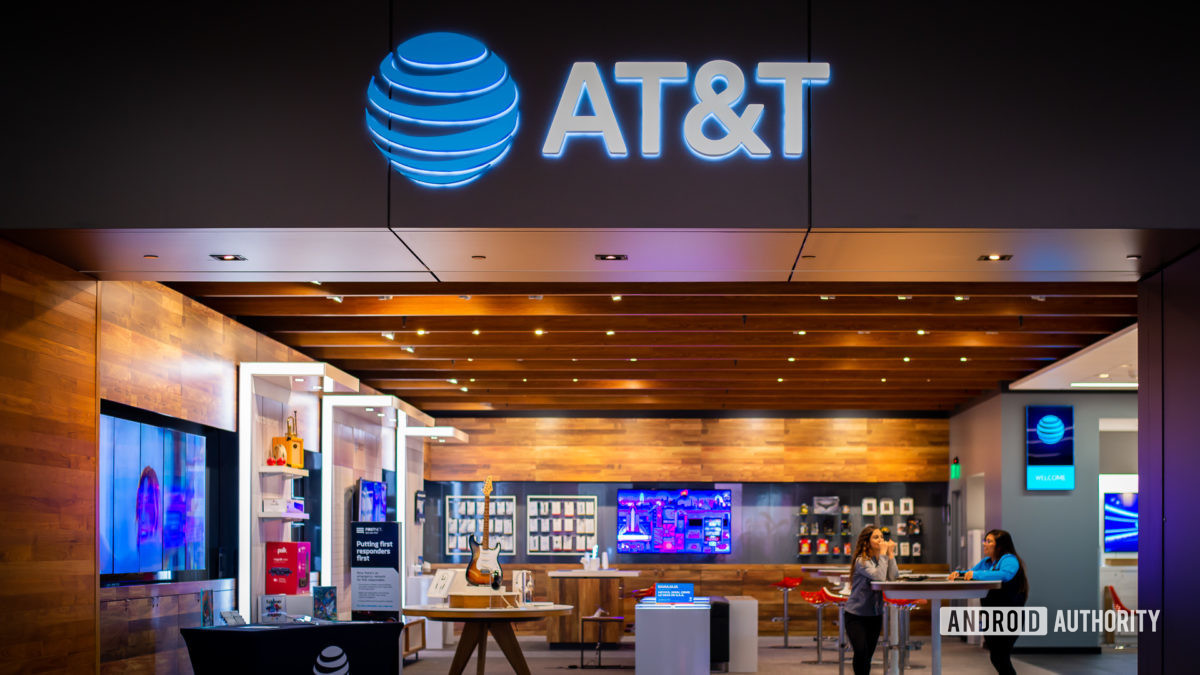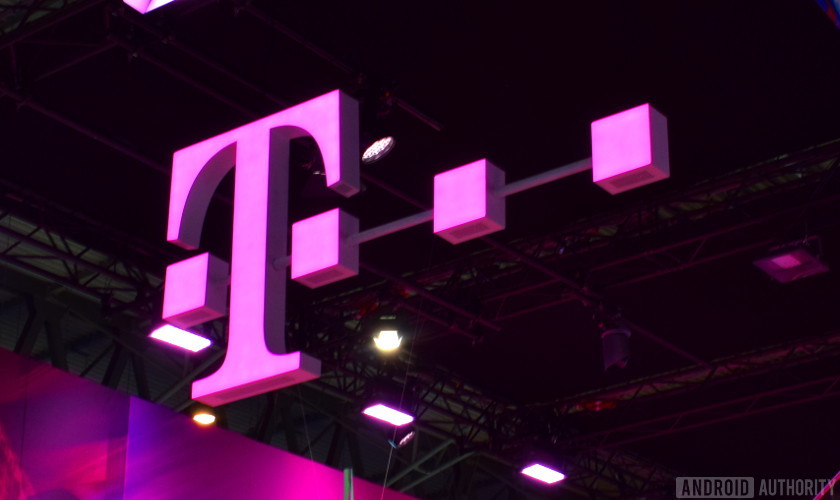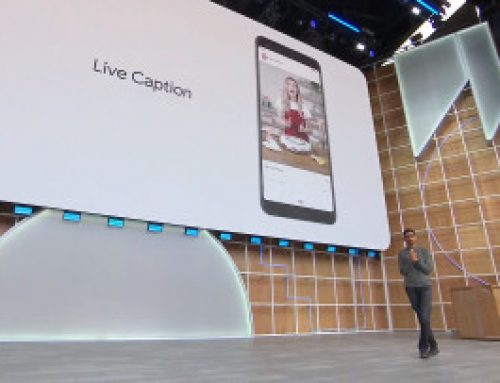
Android smartphone competition is fierce, but things are a bit different when it comes to the processors that power these smartphones and tablets. Qualcomm and Samsung are leading the bunch, and even CPU manufacturers like NVIDIA and Intel struggle to compete against them, in the mobile industry. Today we are here to speak about the latter-mentioned entity.
Intel is changing its strategy and switching focus to other business projects. Namely, they are placing most of their bets on the data center, IoT, memory, FPGA and 5G businesses. Something’s gotta give, right?
Also read:
But such a change in focus also means they must sacrifice other things, and it seems they will be leaving the smartphone and tablet business, at least for the meantime. A new report from Anandtech (with confirmation from Intel) states the processor maker will be canceling its Broxton and SoFIA platforms. This would mean they are dropping their whole upcoming lineup of smartphone and tablet SoC’s, which were to be part of the Atom X3 family.

The same news was also announced by analyst Patrick Moorhead, but having more solid confirmation coming from Intel is always welcomed. And it makes sense; while Intel is considered a processor giant in the PC market, they have invested too much into mobile just to make it to a handful of devices.
One of their best victories was the Dell Venue 8 7000 tablet. It was actually my personal favorite tablet during its time, featuring a great design, build quality and performance. But what other popular products can you think of that sport an Intel Atom chipset? Yeah, not many.

There is no word on when/if they will be making a return to mobile platforms. They are also not specifying anything on their Willow Trail project, but it was supposed to be a while until those products launched, and not enough details have been made available.
It’s probably time for Intel to focus on their strengths. Tablets and PCs continue to merge and now these powerful tablets need processors made for actual computers. Maybe that’s their place in the mobile industry, and I would say they will likely beat Qualcomm and Samsung in that department.





Leave A Comment